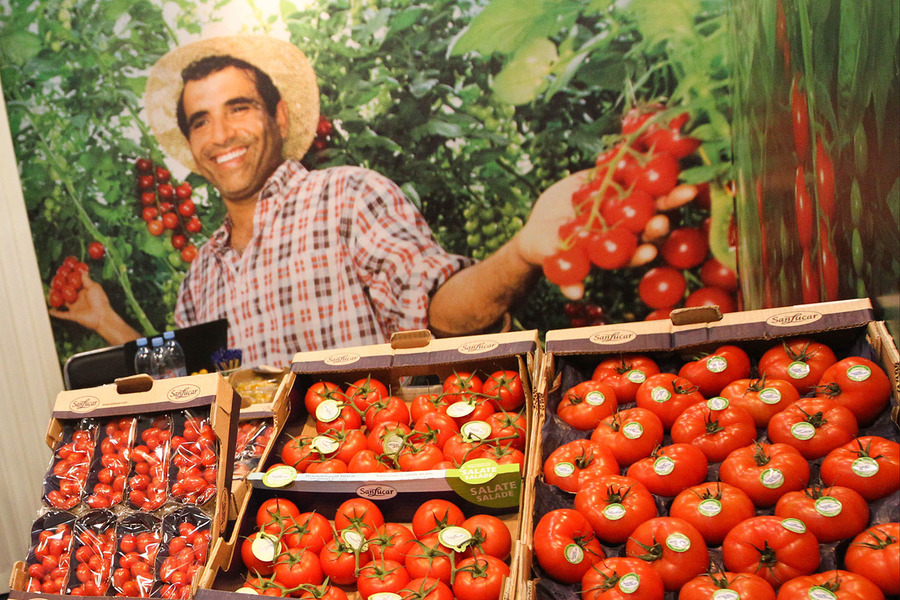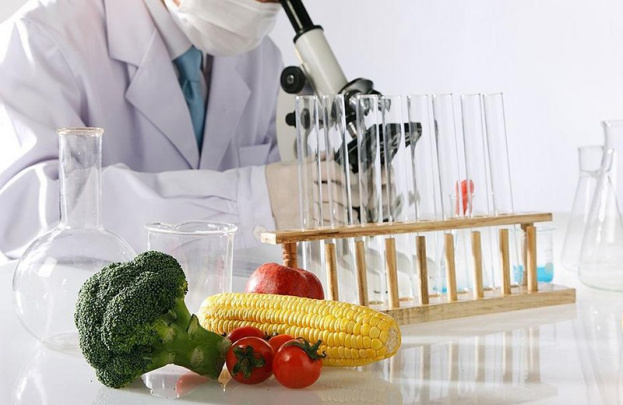Uzbekistan joins the Cartagena Protocol

Photo: Maxim Stulov / Vedomosti
On October 14, a law was passed on Uzbekistan’s joining the Cartagena Protocol on Biosafety to the Convention on Biological Diversity (Montreal, January 29, 2000). A deputy Farkhod Kuvvatov explains what it means for the country.
In recent decades, in connection with new scientific discoveries and the development of technology, the active progress in modern biotechnology has been noted.
The use of biotechnology is of great benefit in medicine, agriculture and other fields. With its help, medicines and vaccines, new varieties of crops, new fuels and various industrial materials are obtained.
Genetically modified varieties of crops that are resistant to diseases, insect pests, adverse environmental factors, with improved product quality occupy around 190 million hectares of crops worldwide, generating a profit of $190 billion.
According to experts, by 2025 the agricultural biotechnology market will increase by an average of 10-11%.
How useful or harmful is the use of genetically modified agricultural crops?
From 1996 to 2017, the total market value of genetically modified products amounted to $186.1 billion.
The use of pesticides and herbicides decreased by 18.4%, which favorably affects the environment.
Carbon dioxide emissions decreased by 27.1 million tons. This is equivalent to exhaust emissions of about 16.7 million vehicles.
However, despite the enormous benefits of using modern biotechnology, there is an opinion that the products of modern biotechnology obtained with its use can pose a potential danger to the environment and human health.
In this regard, in order to assess the harmful effects of genetically modified organisms (GMO) on the environment and human health, the Convention on Biological Diversity and the Cartagena Protocol on Biosafety have been developed by the international community with the UN support. To date, 171 countries and the European Union as an international organization have joined the protocol.
The main objective of these documents is to help countries provide protection in the safe transfer, processing, use and import/export of GMO products that can have adverse effects on the environment and human health.
Joining this protocol will allow preserving and wisely using natural resources, applying measures to maintain biosafety, influence the application of the provisions and determine the ways for its further development.
It will also contribute to the improvement of standards and practical procedures related to the movement of GMO products across borders, increase the reliability and transparency of biosafety regulatory procedures.
Recommended
List of streets and intersections being repaired in Tashkent published
SOCIETY | 19:12 / 16.05.2024
Uzbekistan's flag flies high on Oceania's tallest volcano
SOCIETY | 17:54 / 15.05.2024
New tariffs to be introduced in Tashkent public transport
SOCIETY | 14:55 / 05.05.2023
Onix and Tracker cars withdrawn from sale
BUSINESS | 10:20 / 05.05.2023
Latest news
-
Uzbekistan appoints new ambassador to Finland
SOCIETY | 17:20 / 04.04.2025
-
President Mirziyoyev backs closer scientific, economic, and political cooperation with EU
POLITICS | 17:17 / 04.04.2025
-
Aggregators to pay taxes on behalf of self-employed taxi drivers and couriers earning over 100 million UZS
SOCIETY | 16:40 / 04.04.2025
-
Applications for contract-based military service can now be submitted online
SOCIETY | 16:27 / 04.04.2025




